Brain
-
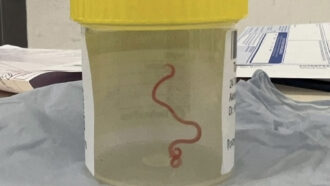 Health & Medicine
Health & MedicineDoctors found a snake parasite in a woman’s brain — still alive
This worm typically infects pythons. Though this is its first known infection in humans, other types of worms also can infect the human brain.
By Meghan Rosen -
 Brain
Brain‘Lucid’ dreamers could solve mysteries about sleeping minds
People who know they’re asleep while dreaming could help study how sleeping minds create elaborate alternate realities.
-
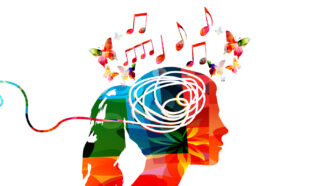 Brain
BrainNeuroscientists decoded a song from brain activity
The technique could help improve communication devices for people who are unable to speak.
-
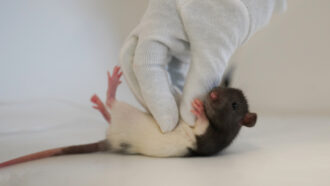 Brain
BrainA rat’s playfulness relies on cells in one part of its brain
Certain cells here control its behavior. Studying this circuitry could also help us understand depression in people.
By Simon Makin -
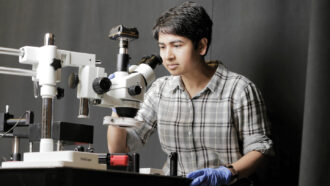 Tech
TechNanobots can now enter brain cells to spy on what they’re doing
Fleets of advanced versions may one day be able to detect disease and then go about surgically treating it — without ever opening the skull.
By Nikk Ogasa -
 Psychology
PsychologyScientists Say: Neurodivergent
This often-misunderstood word describes someone whose brain works a little differently from most.
-
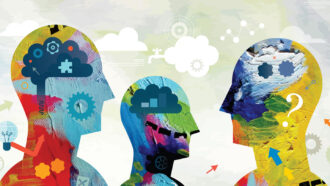 Brain
BrainNeuroscientists use brain scans to decode people’s thoughts
The research may lead to new devices for people who can’t communicate easily. It also raises privacy concerns.
-
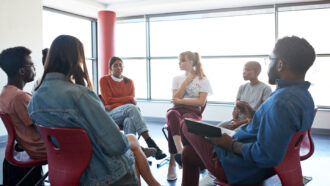 Brain
BrainScientists Say: Addiction
Recovering from addiction is hard but possible. Encouragement of loved ones can improve a person’s chances of overcoming this disease.
-
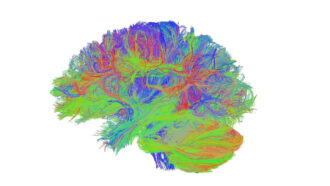 Brain
BrainScientists Say: Connectome
A connectome is a diagram of the cellular highways that carry information in the brain.
-
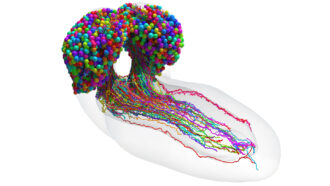 Brain
BrainScientists mapped every nerve cell in this insect brain
Researchers have built a “connectivity map” of all the nerve cells in the larval fruit fly brain and how they link together.
-
 Brain
BrainLet’s learn about the science of language
The languages we speak may help shape how we see, smell and hear the world around us.
-
 Brain
BrainIngredients in popular snack foods can make them addictive
Researchers find that highly processed foods rich in sugar and added fat may be as addictive as tobacco.